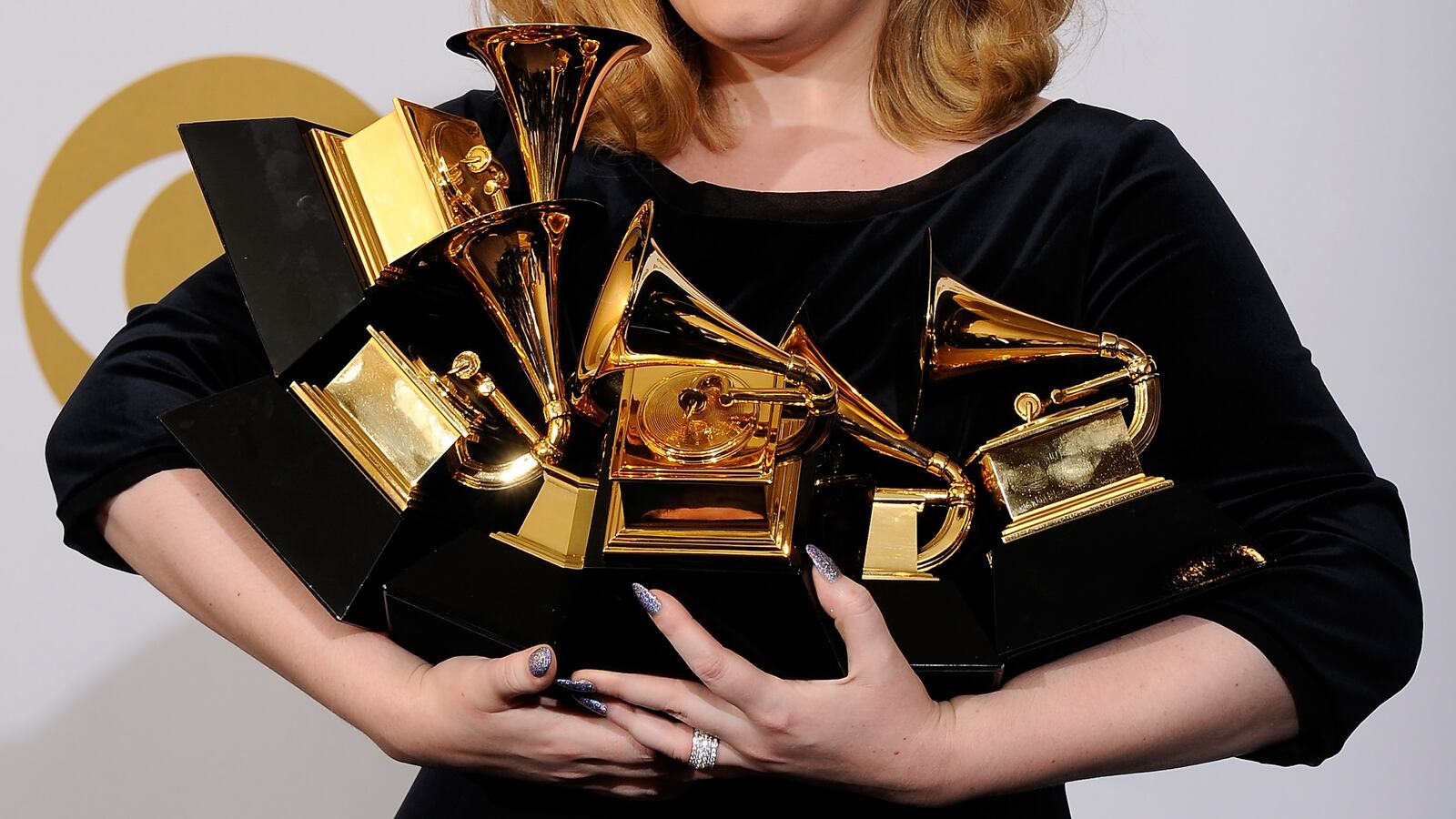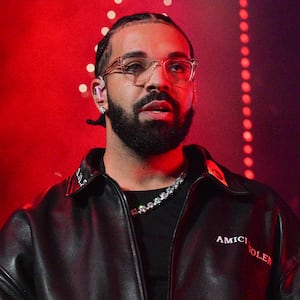Big changes are coming to the Grammy Awards. Not only did the Recording Academy announce a trio of fresh categories earlier this week, but it has now issued new rules surrounding the eligibility of AI-created music for Grammy consideration.
Per Variety, the new protocols basically say that music made solely by AI cannot be nominated for a Grammy. Human-created work made using AI technology, however, is eligible, so long as there is “meaningful” human contribution.
“A work that features elements of A.I. material... is eligible in applicable Categories,” the new protocol reads in part, before further stipulating, “Only human creators are eligible to be submitted for consideration for, nominated for, or win a Grammy Award… A work that contains no human authorship is not eligible in any Categories.”
The Recording Academy’s new rules come during a contentious time for the music industry as it grapples with the increasing volume of AI music. Earlier this week, Paul McCartney announced plans to release a new Beatles song that he said was made possible by AI technology.
“[Peter Jackson] was able to extricate John’s voice from a ropey little bit of cassette,” McCartney explained to BBC radio. “We had John’s voice and a piano, and he could separate them with AI. So when we came to make what will be the last Beatles record, it was a demo that John had [and] we were able to take John’s voice and get it pure through this AI.”
Assessing the new Grammys protocol, it’s possible that this forthcoming, AI-assisted Beatles song could fall within the guidelines of awards eligibility. For example, if the song to come is “Now and Then,” a song written by Lennon two years before his death that McCartney has frequently expressed a desire to finish, the Recording Academy could certainly deem the “human authorship component” of the song meaningful enough to qualify, even with AI-extricated vocals. Lennon and McCartney, after all, are considered to be two of the greatest songwriters of all time, and the allure of a “new” collaboration from them might override any concerns about lifting the late Lennon’s voice without his knowledge or consent.
Still, artificial intelligence remains a divisive subject in the music industry. Spotify removed tens of thousands of AI-generated tracks from its platform earlier this year, citing concerns about artificially inflated streaming numbers, and in April, a song made by a TikToker that used AI to reproduce the voices of Drake and The Weeknd was yanked from streaming services shortly after going viral. Universal Music Group, which represents The Weeknd and Drake, told the BBC: “The training of generative AI using our artists’ music… begs the question as to which side of history all stakeholders in the music ecosystem want to be on: the side of artists, fans and human creative expression, or on the side of deep fakes, fraud and denying artists their due compensation.”
In addition to its new AI guidelines, the Recording Academy has also added three new awards categories for the 2024 Grammys: Best Alternative Jazz Album, Best Pop Dance Recording, and Best African Music Performance.
And finally, in a change that will make Grammy competition even tighter, the four main categories—Album of the Year, Song of the Year, Record of the Year, and Best New Artist—will all scale down, from 10 nominees apiece to only eight.








